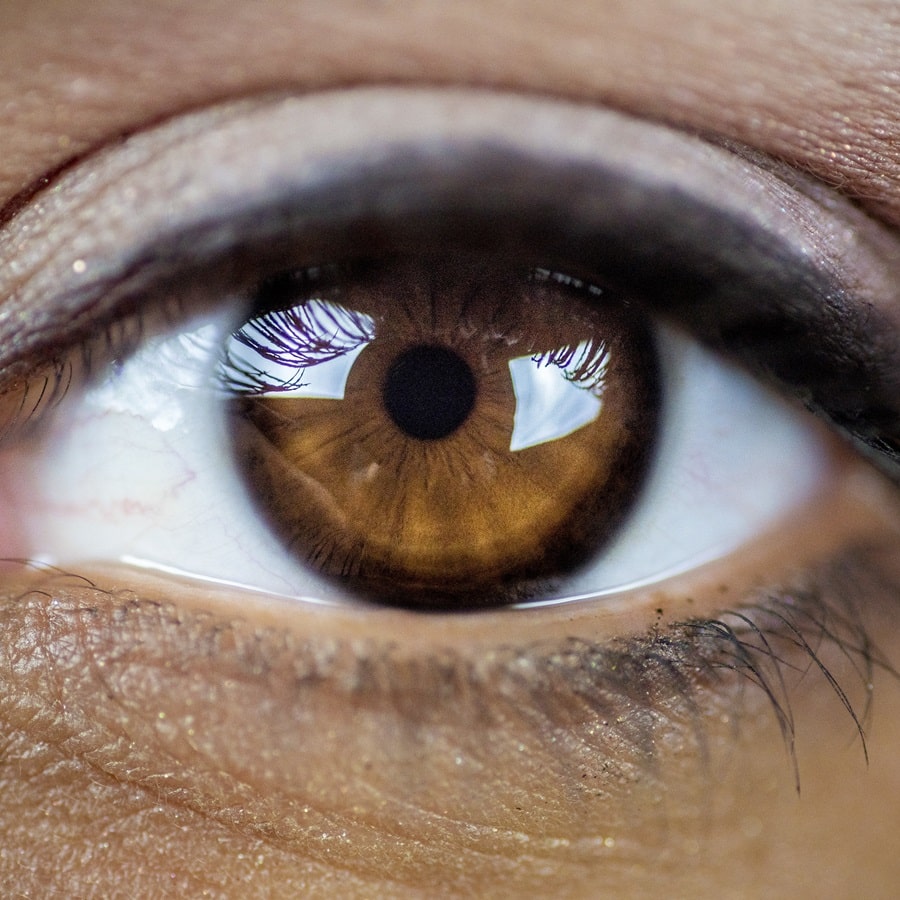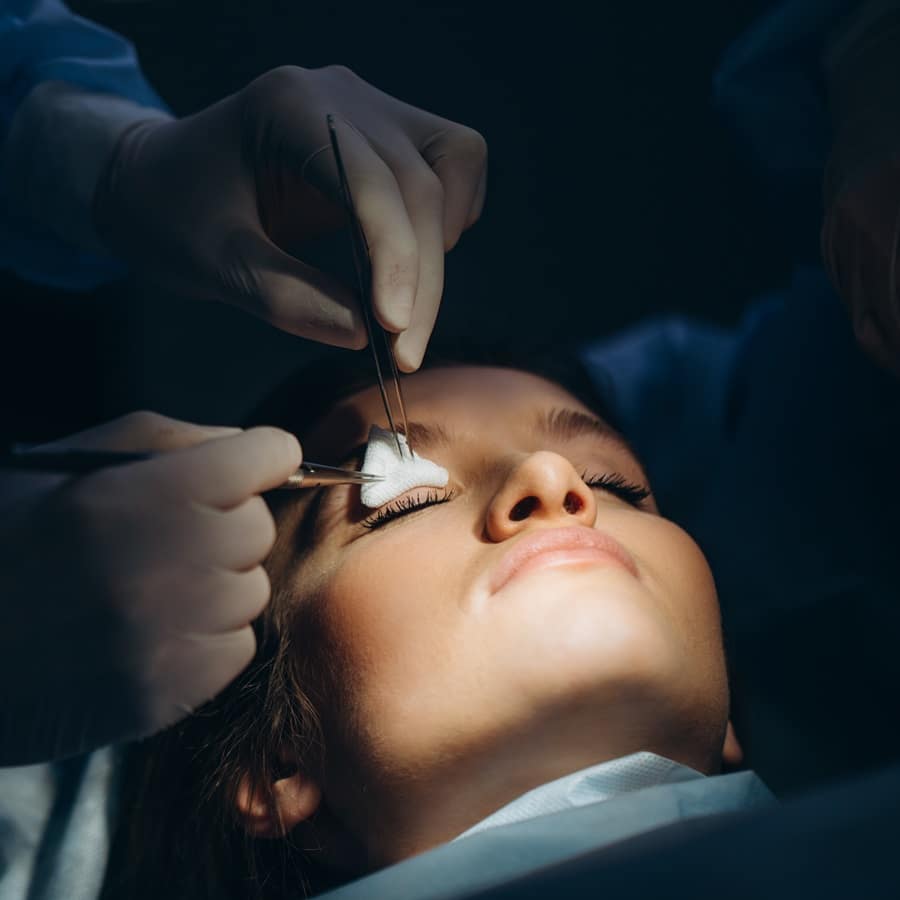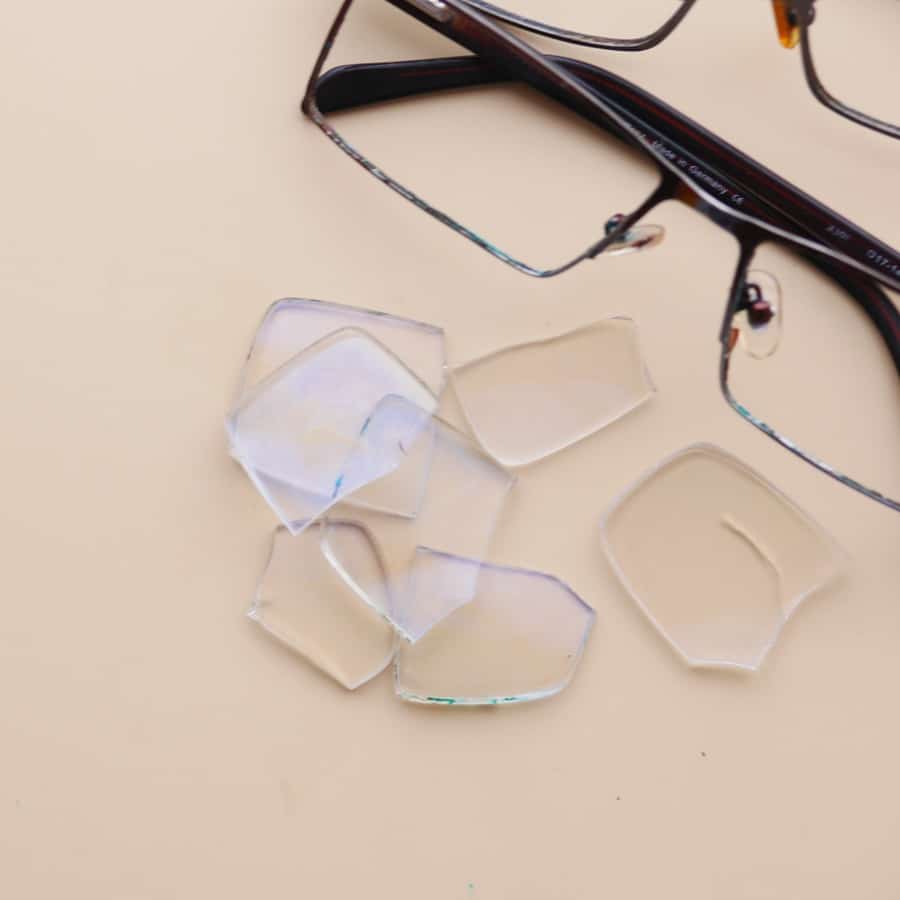Does LASIK Surgery Permanently Fix your Eyes?
LASIK surgery has revolutionized how people correct their vision, providing a swift and effective solution for those tired of glasses or contact lenses. One common question when considering LASIK is whether it permanently fixes your eyes. In this blog, we will delve into the intricacies of LASIK surgery, exploring how it works, its permanence, the factors influencing long-term results, and the numerous benefits associated with this procedure.
What is LASIK Surgery?
LASIK, which stands for Laser-Assisted In Situ Keratomileusis, is a refractive surgery designed to reshape the cornea, the clear front part of the eye, to improve vision. By altering the cornea’s shape, LASIK can address common vision problems such as nearsightedness (myopia), farsightedness (hyperopia), and astigmatism.
How LASIK Works
During LASIK surgery, a laser creates a thin flap on the cornea. This flap is lifted, and the underlying corneal tissue is reshaped using another laser. The flap is then repositioned, acting like a natural bandage. This reshaping allows light entering the eye to focus correctly on the retina, thereby improving vision.
The Permanence Question
- Immediate Results
One of the remarkable aspects of LASIK surgery is the rapid improvement in vision. Many a reasons LASIK is so popular. - Long-term Stability
While LASIK delivers immediate results, the question of long-term stability often arises. The consensus is that LASIK provides a permanent solution for many individuals, significantly reducing or eliminating the need for glasses or contacts.
Factors Affecting LASIK Permanence
Various factors can influence the permanence of LASIK results. Understanding these factors is crucial for managing expectations and making informed decisions.
- Age
The stability of LASIK outcomes is often linked to age. The ideal candidates for LASIK are typically adults with stable vision. Younger individuals, especially those in their late teens or early twenties, may experience changes in their prescriptions, potentially requiring additional interventions. - Prescription Stability
LASIK is most effective when performed on individuals with a stable prescription. Significant changes in prescription after the surgery can impact the long-term success of LASIK. - Corneal Thickness
The thickness of the cornea plays a vital role in LASIK candidacy and outcomes. Individuals with thinner corneas may have limitations in the amount of corneal tissue that can be safely removed during the procedure.
The Benefits of LASIK
Understanding the benefits of LASIK goes beyond its permanence. Let’s explore the positive aspects that make LASIK an attractive option for many.
- Improved Vision
The primary goal of LASIK is to improve vision, and it often does so dramatically. Many individuals achieve 20/20 vision or better after the procedure. - Reduced Dependence on Glasses and Contacts
LASIK liberates individuals from the constant reliance on glasses or contacts. This newfound freedom is especially appealing to those with active lifestyles. - Enhanced Quality of Life
Improved vision affects day-to-day activities and enhances overall quality of life. Activities such as sports, driving, and the outdoors become more enjoyable without the hindrance of corrective lenses.
Risks and Considerations
While LASIK has numerous benefits, it’s essential to be aware of potential risks and considerations associated with the procedure.
- Common Side Effects
Some common side effects of LASIK include dry eyes, glare, halos, and light sensitivity. These effects are usually temporary but should be discussed with the surgeon during the consultation. - Candidacy Criteria
Only some people are suitable candidates for LASIK. Factors such as preexisting eye conditions, certain medical conditions, and pregnancy can impact candidacy.
Post-Operative Care
Proper post-operative care is vital for optimal results and a smooth recovery process.
Follow-Up Appointments
Regular follow-up appointments with the surgeon are crucial for monitoring progress and promptly addressing concerns.
Recovery Tips
Following post-operative care instructions, including using prescribed eye drops and avoiding certain activities, is essential for a smooth recovery.
Potential Adjustments
In some cases, enhancements or adjustments may be necessary to fine-tune the results. Understanding this possibility is part of realistic expectations.
Maintenance and Future Considerations
LASIK provides a long-lasting solution, but certain considerations are essential for maintaining optimal vision.
Age-Related Changes
Individuals may experience vision changes unrelated to the initial LASIK correction as they age. This might necessitate reading glasses or other interventions.
Enhancements and Retreatments
Sometimes, individuals may opt for enhancements or retreatments to address vision changes or achieve further improvement. The decision to pursue additional procedures should be made in consultation with an eye care professional.
In conclusion, LASIK surgery is a highly effective and often permanent solution for vision correction. While individual results may vary, many people experience long-term stability and significant improvements in their quality of life. Understanding the factors influencing permanence, the benefits, risks, and considerations associated with LASIK is crucial for making an informed decision about this life-changing procedure. If you’re considering LASIK, consult Columbus LASIK Vision to determine if you are a suitable candidate and to address any questions or concerns.







